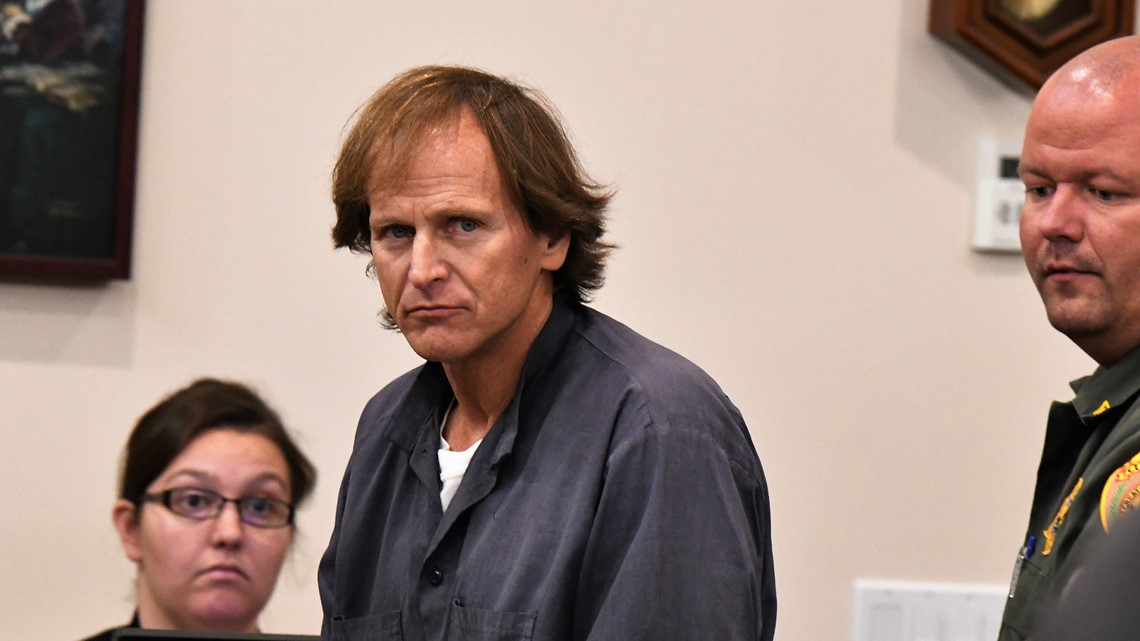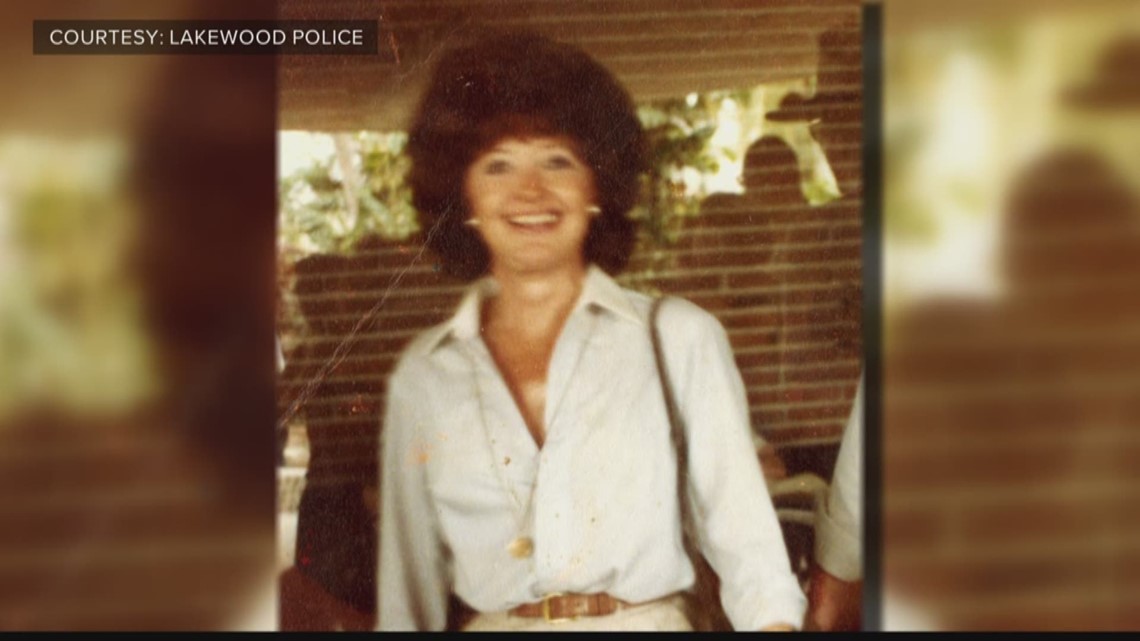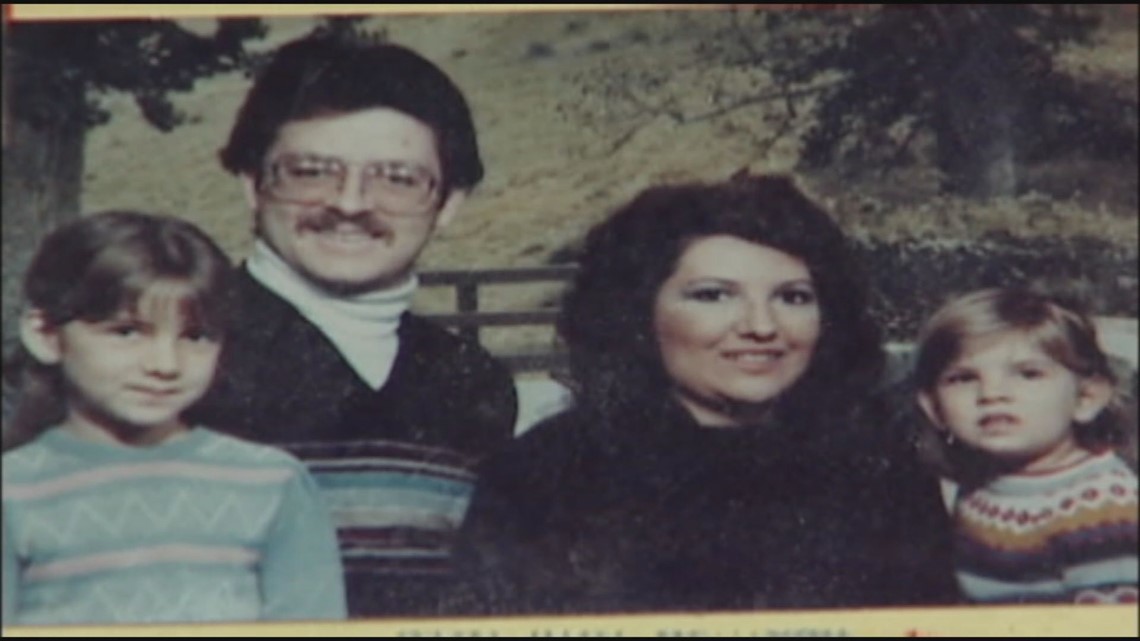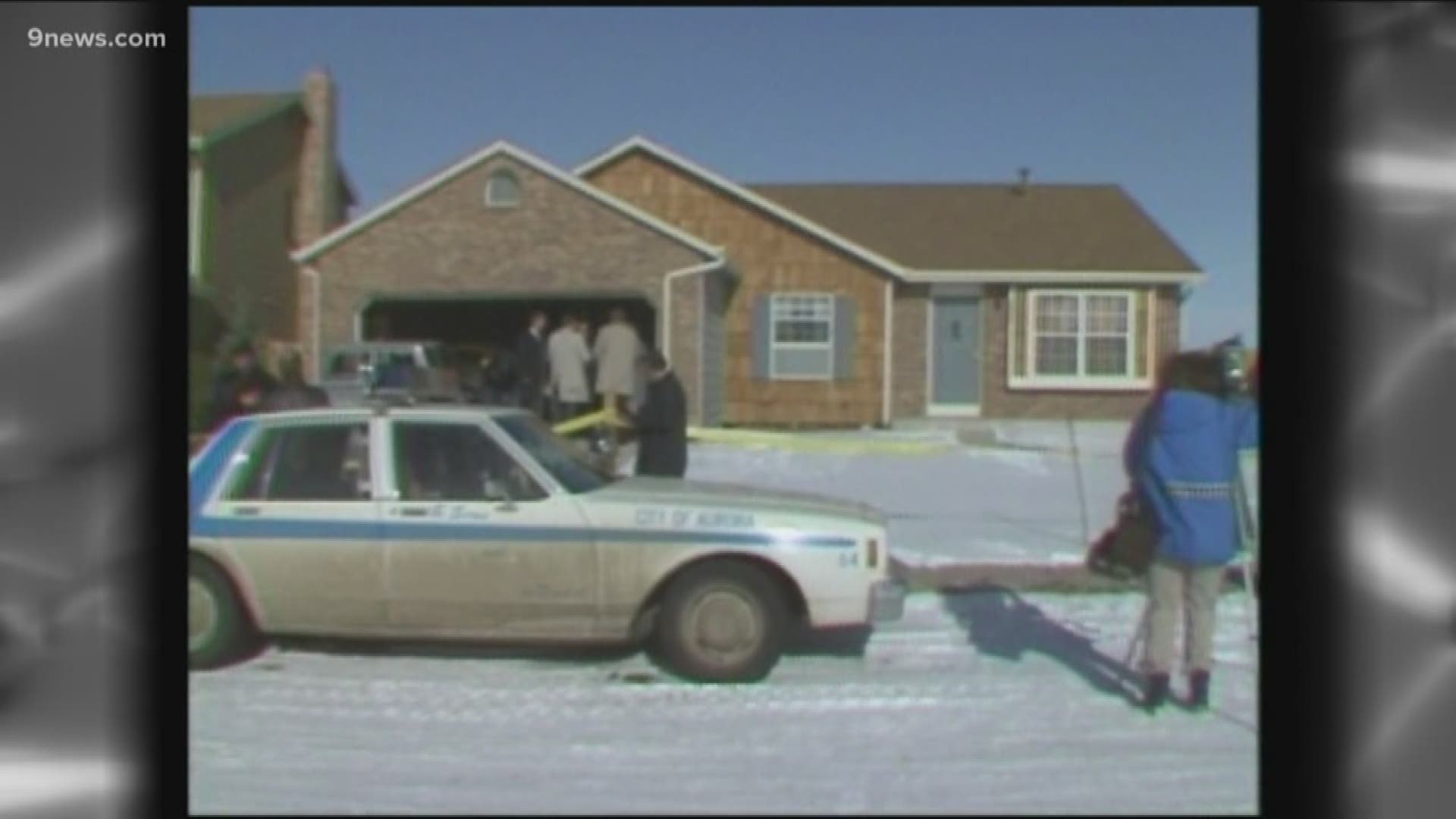DENVER — An attorney for the man suspected in notorious 1984 hammer murders in the Denver area is fighting a Nevada Supreme Court order that he be transferred to Colorado to face charges in those long-ago killings.
Alex Christopher Ewing, 59, has been fighting extradition ever since the July 2018 DNA match that identified him as a suspect in the slayings of Patricia Louise Smith in Lakewood and Bruce and Debra Bennett and their daughter, Melissa, in Aurora.
RELATED: She was the sole survivor of one of Colorado's most brutal crimes. Now, she's telling her story
On Nov. 22, Nevada’s highest court denied Ewing’s appeal of an extradition order that was signed by a judge in Carson City in December 2018.
That ruling was signed by all seven Nevada Supreme Court justices.
Late Tuesday night – 24 minutes before a deadline for challenging the court’s ruling – Ewing’s attorney, Martin Wiener, asked for a rehearing.


According to Wiener’s filing, the court should “rehear, reconsider, and reverse that order because it overlooked and misapprehended the issues, the facts, the law, and the arguments in this case – all of which were material …”
Ewing has been behind bars in Nevada since an ax-handle attack on a Henderson couple in August 1984 – seven months after the killings in Colorado.
In the new filing, Wiener made the same arguments that he advanced in Ewing’s appeal of the transfer order: That a judge was wrong to conclude that he was not entitled to a court-appointed attorney for the proceedings, and that the extradition agreement between Nevada and Colorado “directly violates both states’ requirements for a valid extradition.”
According to Wiener’s filing, Nevada law would require that if Ewing is extradited to Colorado, tried, convicted and sentenced in the hammer killings that he would then have to be returned to Nevada to finish his sentence there before any sentence could be imposed in Colorado.
The extradition agreement contradicts that law, Wiener argued.
It is not clear how soon the Nevada Supreme Court might rule on Wiener’s request for a new hearing.
If the court denies the request and affirms its earlier order, it would be effective after 25 days.
However, Wiener could still appeal to the U.S. Supreme Court – and if he does, he could ask the Nevada Supreme Court to put the extradition on hold while he does that.


Jefferson County prosecutors have formally charged Ewing with four counts of first-degree murder and two counts of committing a crime of violence in the murder of Smith at the condominium she shared with her daughter and grandchildren. Smith, 50, was raped and beaten to death with an auto body hammer after apparently being surprised by an intruder while eating lunch.
One of the murder counts accuses Ewing of killing Smith “after deliberation.” Each of the three other murder counts alleges that he killed her while committing another crime – robbery, burglary, and sexual assault.
Under Colorado’s felony murder rule, a person can be charged with first-degree murder for killing a person in the commission of another serious crime.
The two counts of committing a crime of violence are both sentencing enhancers.
Arapahoe County prosecutors have not formally charged Ewing in the Bennett case but have an arrest warrant obtained in 2002 that lists 13 separate charges:
- Six counts of first-degree murder – two for each of the victims. One count in each case alleges the killings were carried out with deliberation, the other alleges they were committed as part of another felony.
- One count of attempted first-degree murder for the attack on Vanessa Bennett.
- Two counts of sexual assault and two counts of sexual assault on a child for the attacks on the girls.
- One count of assault.
- One count of burglary.


In addition, prosecutors in that case listed five sentencing enhancers – all alleging that Ewing committed a crime of violence.
Ewing is also suspected in two other hammer attacks in Aurora that occurred earlier that month, including one in which a woman was sexually assaulted, beaten and left for dead. However, he has not been charged in those cases – and it appears he won’t be because the statute of limitations has run out.
According to court documents obtained by 9Wants to Know, Ewing was arrested in Kingman, Ariz., 11 days after the Bennett murders, accused of breaking into a home there and beating a man with a slab of granite. Because of overcrowded conditions at the jail in Kingman, Ewing was held for a time at a detention center in Utah.
On Aug. 9, 1984, Ewing was being transported from Utah back to Kingman for a court hearing when he ran off after jail deputies stopped a transport van in Henderson, Nevada, for a bathroom break. That night, Ewing broke into a home in Henderson, Nev., and attacked a couple with an ax handle, savagely beating them. He was arrested two days later, convicted of multiple charges and has been in Nevada’s prison system ever since.
Contact 9NEWS reporter Kevin Vaughan with tips about this or any story: kevin.vaughan@9news.com or 303-871-1862.
SUGGESTED VIDEOS | Investigations from 9Wants to Know

